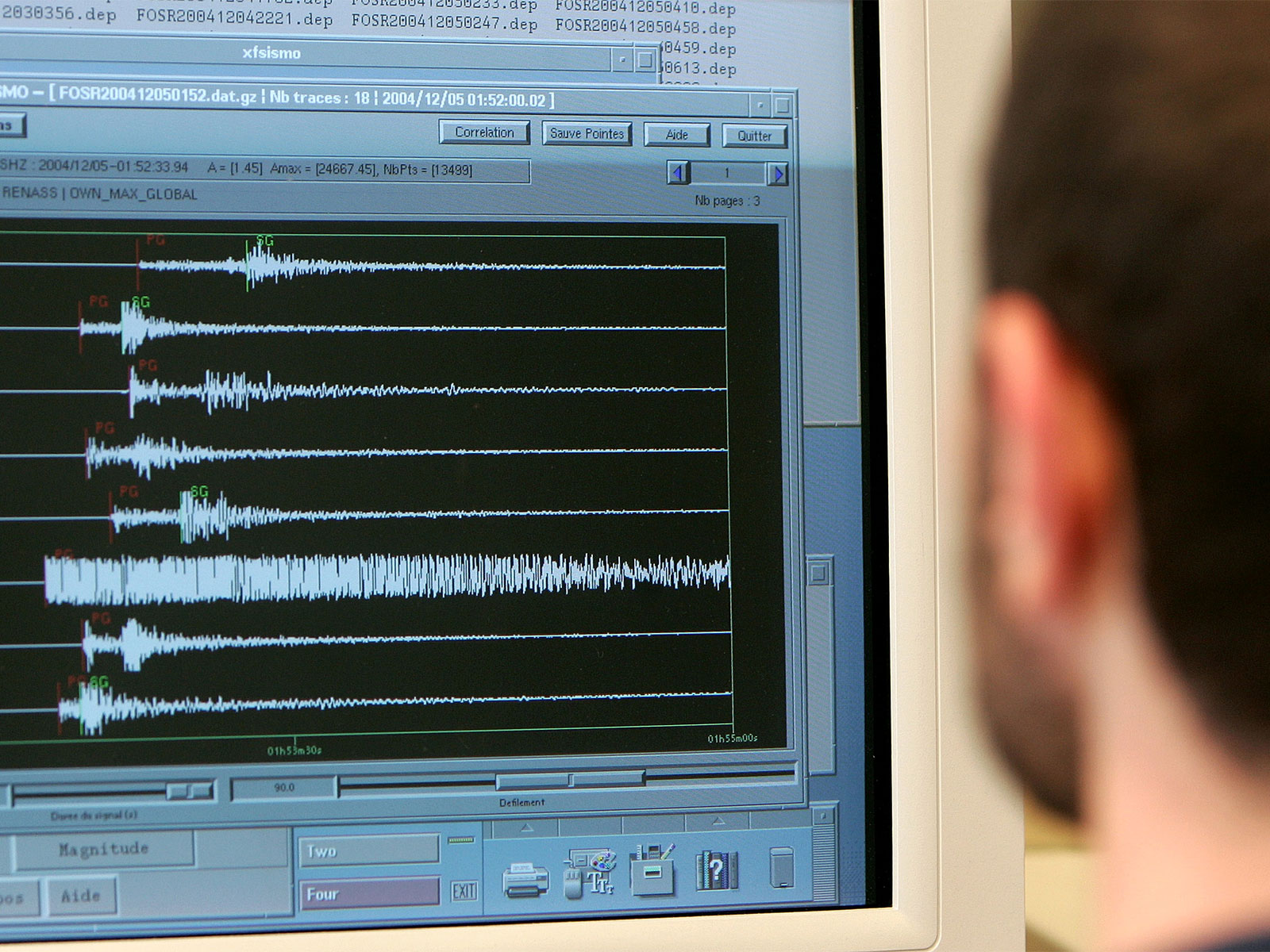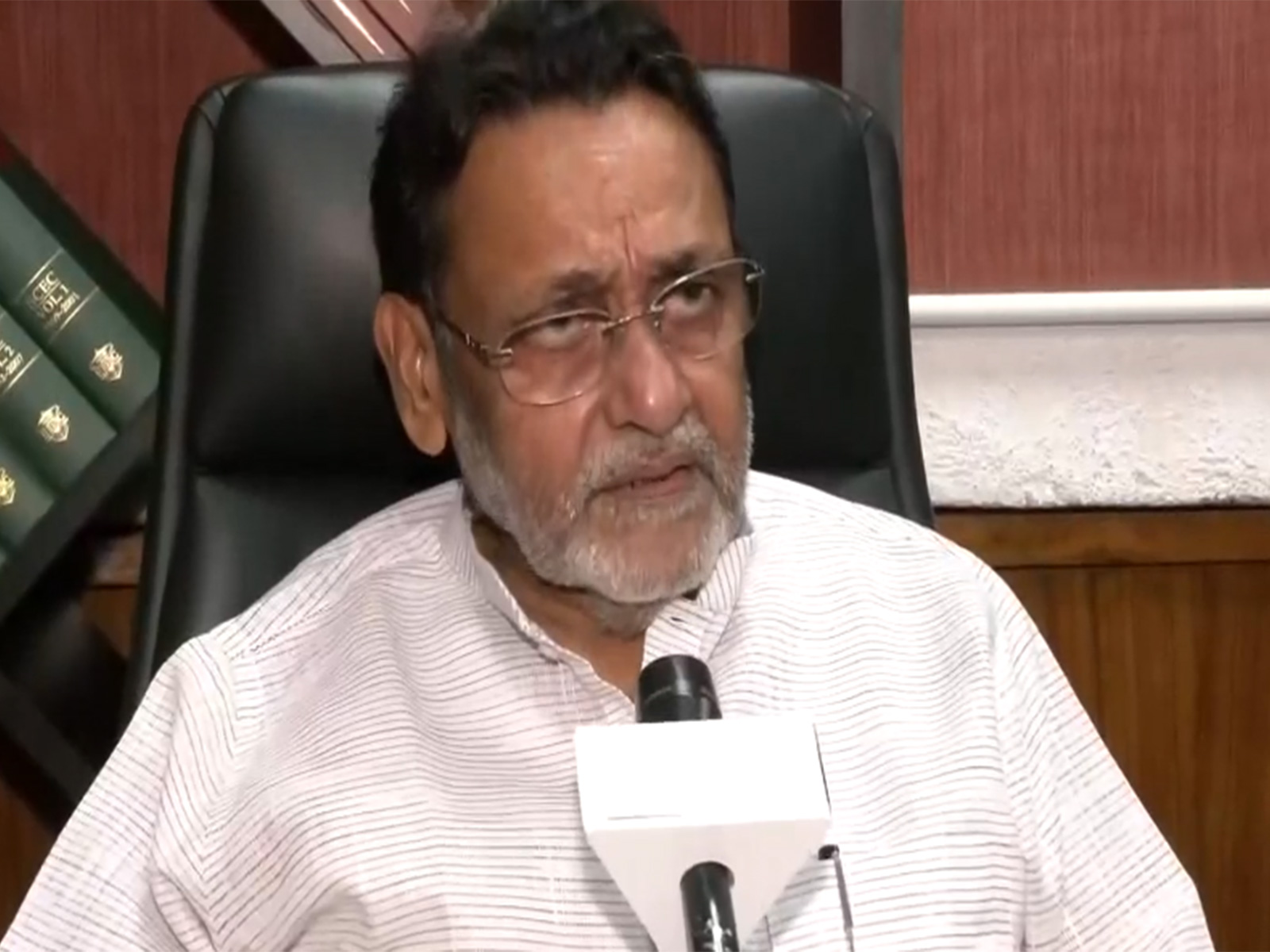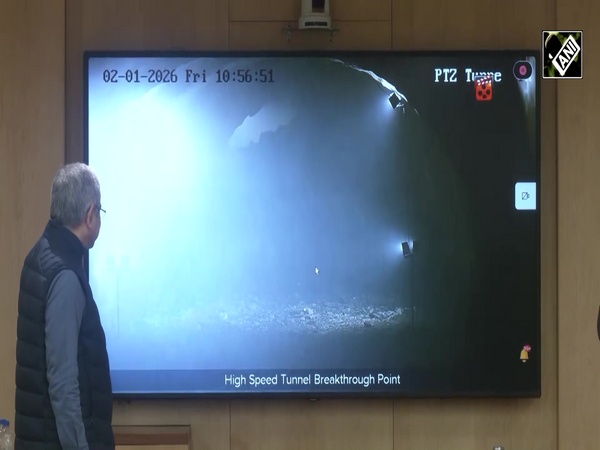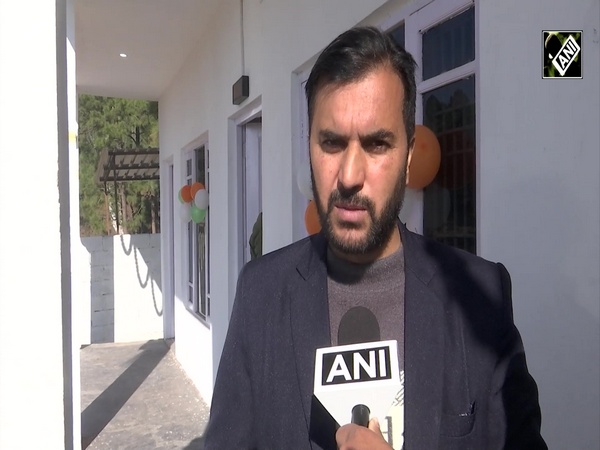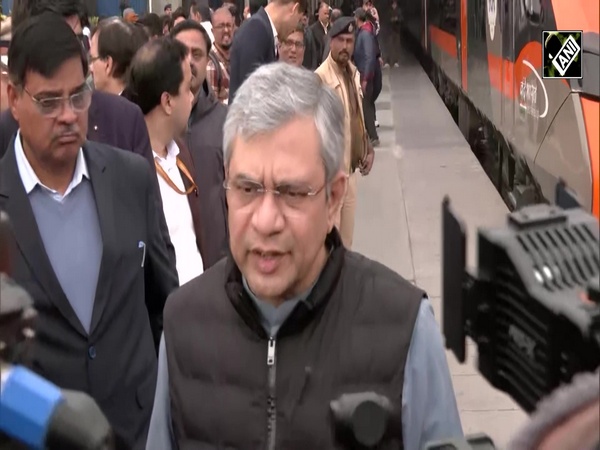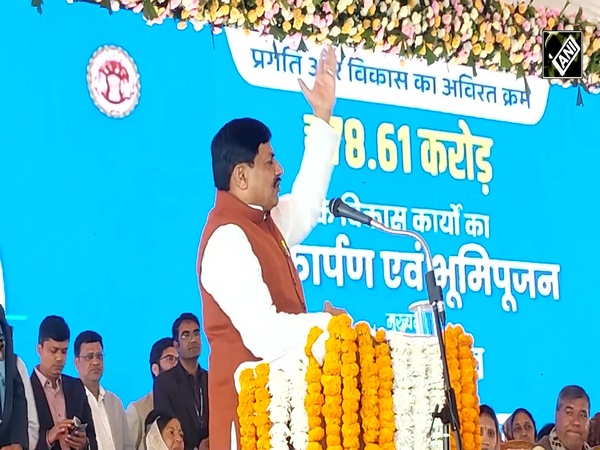Declassified Trump administration report envisions India's growing role in Indo-Pacific
Jan 13, 2021

Washington [US], January 13 : The outgoing Trump administration declassified a report which amply describes the growing importance of India in the Indo-Pacific region.
As per the United States Strategic Framework for the Indo-Pacific (henceforth, the Framework), it envisioned "accelerating India's rise", blocking China from establishing "illiberal spheres of influence", and maintaining "US strategic primacy" in the region.
The Framework speaks of the need to "align our [US] Indo-Pacific strategy with those of Australia, India and Japan", of deepening trilateral cooperation with Japan and Australia, and a quadrilateral security relationship with India.
In early 2018, President Donald Trump endorsed a strategy for the Indo-Pacific developed by his National Security Council (NSC) through the course of 2017. Its release sheds light on the geopolitical and security challenges soon to be inherited by the Biden administration.
The Framework has guided the development of numerous subordinate policy frameworks and campaign plans that have steered the US approach to specific issues of importance to the Indo-Pacific region and beyond, such as the US Strategic Approach to the People's Republic of China, the US Strategic Framework for Countering China's Economic Aggression, the US Campaign Plan for Countering China's Malign Influence in International Organizations, and others.
Together with its subordinate documents, the Framework has guided US whole-of-government actions to advance regional prosperity and stability, including sovereignty, freedom of navigation and overflight, reciprocity in trade and investment, respect for individual rights and rule of law, and transparency.
"The declassification of the Framework today demonstrates, with transparency, America's strategic commitments to the Indo-Pacific and to our allies and partners in the region," wrote National Security Advisor Robert O'Brien in a memo dated January 5, 2021.
China is the primary state actor of concern outlined in the document. As per the Framework, Beijing is increasingly pressuring Indo-Pacific nations to subordinate their freedom and sovereignty to a "common destiny" envisioned by the Chinese Communist Party.
The Framework recognises that a free and open Indo-Pacific depends on robust American leadership. It seeks to strengthen a wide and diverse network of allies and partners, which has long underwritten stability and peace in the Indo-Pacific.
The strategy also repeatedly calls for greater US engagement with countries in the region, in particular the Association of Southeast Asian Nations (ASEAN).
The Framework also outlines support to India as the primary regional counterweight to China -- an approach which is likely to cause concern in Beijing and Islamabad as India forms an important cornerstone of the aptly-named Indo-Pacific strategy.




